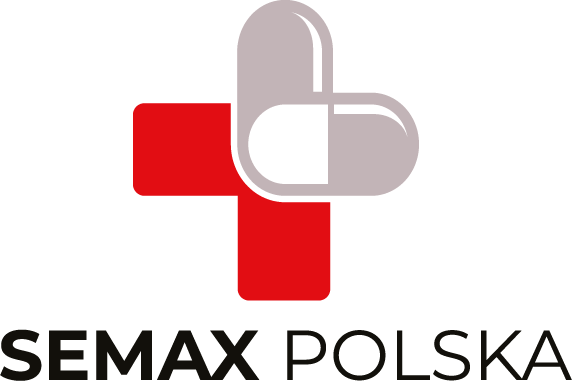Peptides are amino acids linked together by a peptide bond. They are organic compounds, often with a very delicate structure.
Peptides up to 10 amino acid residues long are called oligopeptides, and those with a longer chain are called polypeptides, or proteins (the kind we eat in food).
When and where are peptides used?
Peptides are widely used:
- In cosmetology (especially in skin firming/rejuvenating creams),
- In beauty salons thanks to its anti-ageing effect,
- As an adjunctive therapy for stroke,
- As remedies for burns, or tissue damage
- When supporting recovery for people after surgery and athletes
- In people with damage to internal organs (e.g.: liver cirrhosis, kidney failure, COPD).
Each of the above examples refers to different peptides. In order to know which peptide to choose for your case, you need to learn about the specifications of the agent in question.
Are peptides hormones?
Peptides ARE NOT hormones, but there are hormones with a peptide structure.
The most important of these are:
- insulin
- oxytoc
- ACTH
- secretin
- angiotensin
Are peptides safe?
Peptides are uncomplicated organic compounds very similar to naturally occurring proteins in the human body, so there are no health-threatening side effects when peptides are used properly.
Are peptides allowed for athletes?
In the case of professional sports, the Olympic Games, or other events supervised by anti-doping committees, it is always necessary to follow the rules imposed before WADA (World Anti Doping Agency) and, in particular, review the list of banned substances published by them every year.
As of 2021, none of the peptides in our portfolio appear on this list.
What types of peptides exist?
Peptides can be divided into 3 types:
- Signal peptides - can initiate intracellular processes, which, depending on the peptide, can increase the regeneration/rebuilding of muscle fibers/fibroblasts, or increase collagen and elastin synthesis, which can translate into firmer skin. A representative of this type of peptide is Hexapeptide-10, which has been spotted in skin care products for years.
- Active substance transport peptides - help get more of a given nutrient/organic substance to a given part of the tissue (depending on the peptide in question). An ideal example of such peptides are copper peptides (e.g. GHK-Cu in our offer), which are great for regenerating and brightening scars, stretch marks and skin discoloration.
- Neuropeptides - these are peptides used by neurons to communicate with each other and to regulate a variety of biological processes, including metabolism, learning, food intake, and reproduction. Great examples of these types of peptides are. Semax and Selank, which are included in our offer.
Each of the above types of peptides contains many subcategories that focus on a different targeted action. In order to know which peptide to choose for your case, it is necessary to learn about the specifications of a particular agent.
Want to learn more about specific peptides in our portfolio? Check out the substances tab!

